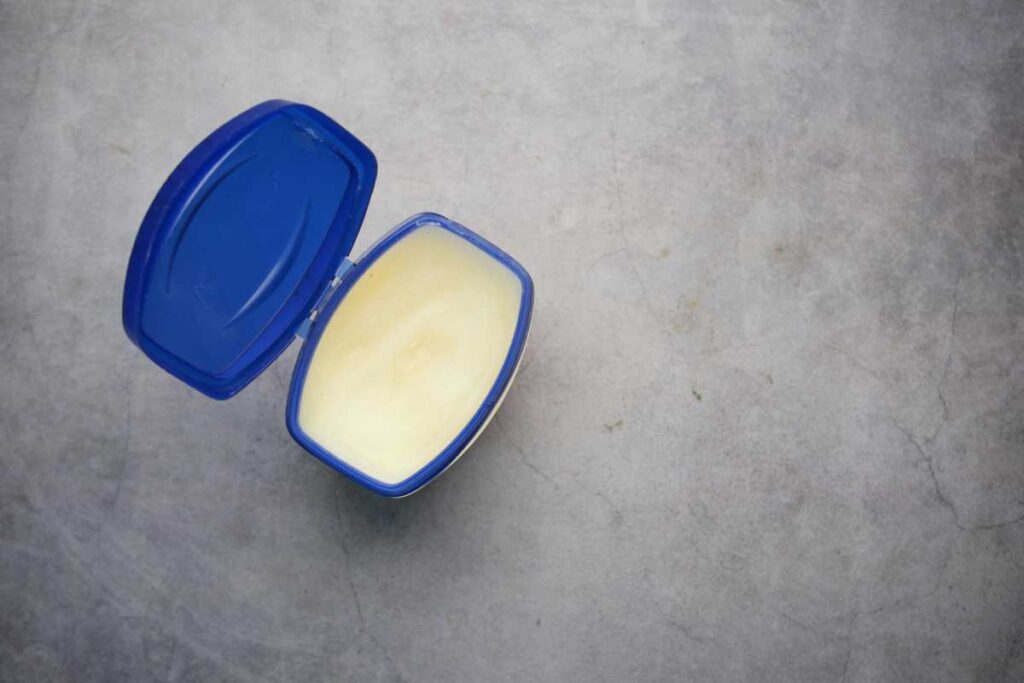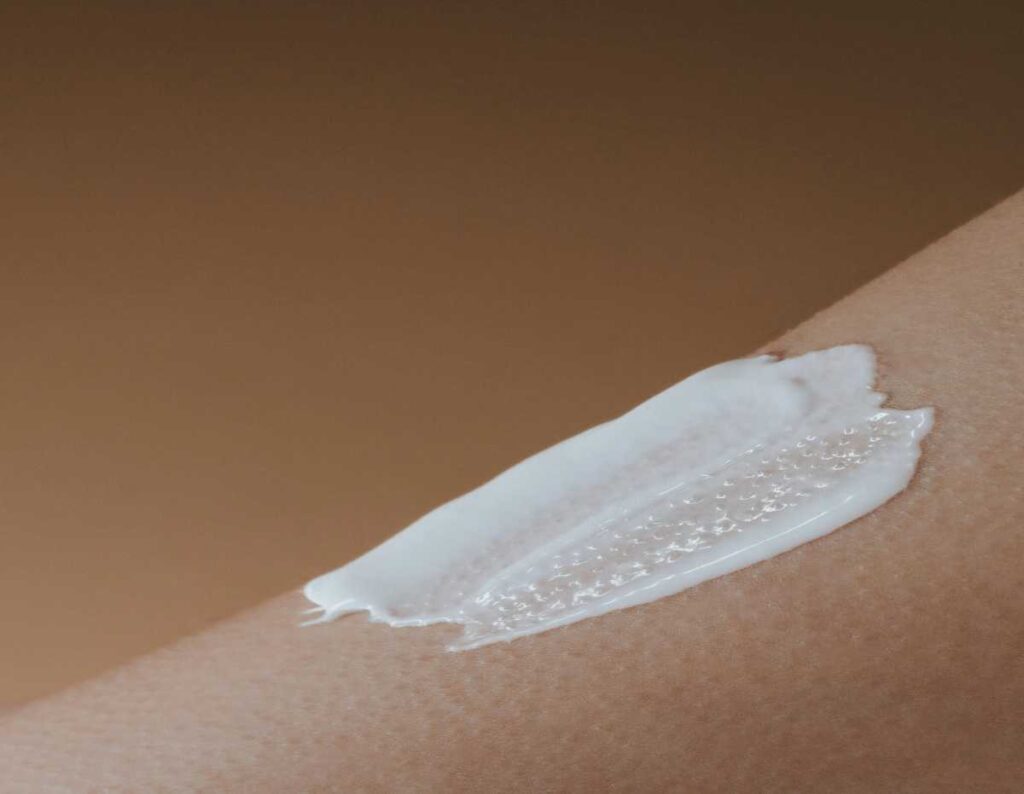Keeping your skin hydrated is essential for maintaining a healthy, glowing complexion. Proper hydration helps keep skin soft, reduces dryness, and can even delay signs of aging. But with environmental stressors, lifestyle habits, and certain skincare products, maintaining optimal hydration levels can be challenging. Here are the 10 best ways to hydrate your skin and keep it looking and feeling its best.
1. Drink Plenty of Water
Internal Hydration is Key
Hydration starts from the inside, and drinking enough water daily is one of the simplest ways to support your skin’s health. Water helps flush toxins from your body, aids in digestion, and keeps cells hydrated, which translates to plump, smooth skin.
Tip: Aim for at least eight glasses of water a day and increase this amount if you exercise or spend time in a dry climate.
2. Use a Hydrating Cleanser
Gentle Cleansing Without Stripping Moisture
Many cleansers strip away natural oils, which can leave skin feeling dry and tight. A hydrating cleanser, however, cleans your skin without depleting its moisture barrier. Look for cleansers that contain gentle, nourishing ingredients like glycerin, aloe vera, or hyaluronic acid to lock in moisture.
Tip: Avoid harsh, foaming cleansers if you have dry or sensitive skin, as they can worsen dehydration.
3. Incorporate Hyaluronic Acid Into Your Routine

Super Hydrating Powerhouse
Hyaluronic acid is a superstar hydrator that attracts and retains moisture in the skin. This ingredient can hold up to 1,000 times its weight in water, making it highly effective at keeping skin plump and hydrated. Applying a hyaluronic acid serum before your moisturizer can give your skin an extra hydration boost.
Tip: Apply hyaluronic acid on slightly damp skin to help it penetrate more effectively.
4. Apply a Nourishing Moisturizer Daily
Seal in Moisture
Moisturizers are essential for locking in hydration and protecting your skin’s barrier. A good moisturizer will have hydrating ingredients like ceramides, glycerin, or squalane, which prevent water loss and keep your skin feeling soft and supple.
Tip: Choose a moisturizer suited to your skin type—for example, a lightweight gel for oily skin or a thicker cream for dry skin.
5. Add a Facial Oil to Your Routine
Extra Hydration and Protection
Facial oils can help seal in moisture and add an extra layer of hydration, especially for dry or mature skin. Oils like jojoba, argan, and rosehip are non-comedogenic and mimic the skin’s natural sebum, helping to create a protective barrier.
Tip: Use a few drops of facial oil after your moisturizer or mix it into your moisturizer for added hydration.
6. Use a Humidifier in Dry Environments
Combat Environmental Dryness
Dry air, especially during winter or in air-conditioned rooms, can sap moisture from your skin. Using a humidifier adds moisture to the air, which helps prevent skin from drying out. This is particularly helpful if you live in a dry climate or spend time indoors with heating or AC.
Tip: Keep a humidifier in your bedroom to maintain hydration levels while you sleep.
7. Avoid Hot Showers
Opt for Lukewarm Water
Hot water can strip away natural oils from your skin, leading to dryness and dehydration. Switching to lukewarm showers can help preserve your skin’s moisture barrier. This is especially important for those with sensitive or dry skin.
Tip: Pat your skin dry after a shower and immediately apply moisturizer to lock in hydration.
8. Choose Hydrating Face Masks
Weekly Hydration Boost
Face masks, particularly those with hydrating ingredients like aloe vera, cucumber, and hyaluronic acid, can give your skin an extra boost of moisture. Use a hydrating mask once or twice a week for a quick way to revitalize dry or tired-looking skin.
Tip: Look for sheet masks or leave-on masks that provide lasting hydration, rather than clay masks which can sometimes be drying.
9. Eat Water-Rich Foods
Hydrate from the Inside Out
Foods high in water content, such as watermelon, cucumber, oranges, and lettuce, can contribute to your body’s overall hydration. Including these in your diet can help support skin hydration levels naturally.
Tip: Combine these hydrating foods with foods rich in healthy fats, like avocado and nuts, which help maintain your skin’s moisture levels.
10. Protect Skin with SPF Daily
Guard Against Dehydration from UV Rays
Sun exposure can dehydrate your skin, leading to dryness and accelerating signs of aging. Wearing a broad-spectrum SPF daily, even in cloudy weather, protects your skin from UV rays and helps retain moisture by preventing sun damage.
Tip: Choose a moisturizer with SPF for added convenience, and make sure it provides at least SPF 30 protection.
Final Thoughts
Hydrated skin is healthy skin, and by following these 10 tips, you can maintain optimal moisture levels and enjoy a soft, glowing complexion. A combination of good internal hydration, effective skincare products, and protective habits will keep your skin looking its best year-round.
Related Tips for Hydrated Skin:
- Be mindful of alcohol and caffeine, as these can be dehydrating.
- Apply moisturizer on damp skin for better absorption.
- For an added boost, try hydrating face mists throughout the day.

